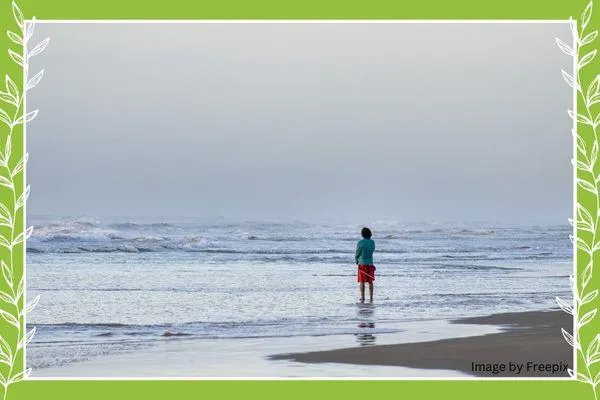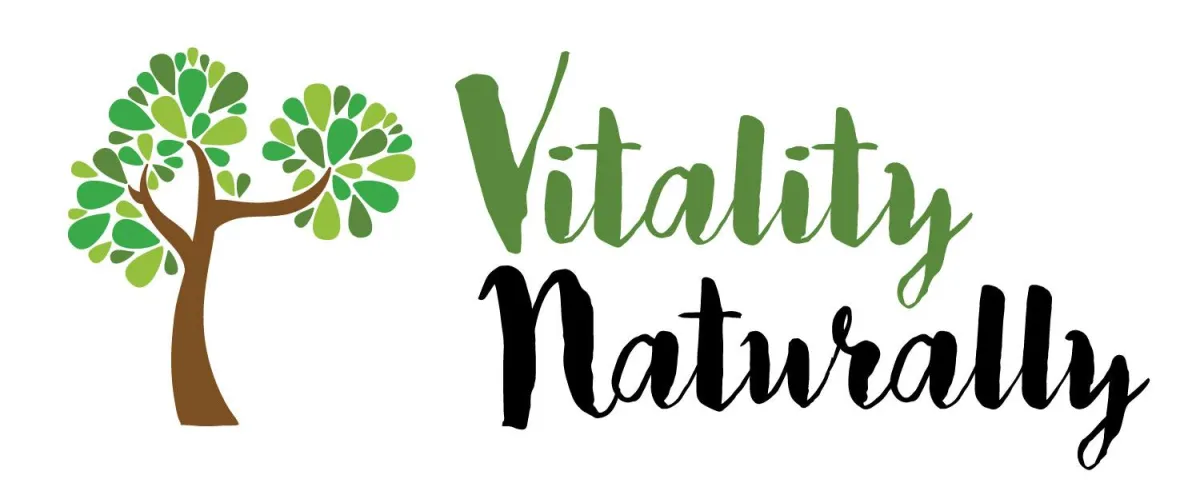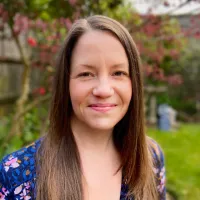Blog
Words of wisdom to inspire you...
Blog
Words of wisdom to inspire you...

Lessons from a recovering people pleaser
“Don’t you say no to me!”
These are the words I heard my Mum bellow, as she towers over me, with her gritted teeth, scary pointy finger and wide eyes. I’m a small child and she’s a grown up. She’s my grown up. The one I live with, and I must do everything possible to be accepted and loved by her. The turmoil within is palpable. My stomach churning with anger as I find myself in this impossible position – desperate to say no, but terrified of the consequences if I do.
I learned that saying NO as a child was a punishable offence. That it was defiant and disobedient. If I did not comply I would be sent to my room, rejected and shamed. Punished in disproportionate ways that I shan’t describe here.
It’s unsurprising then, to know that I became a ‘people pleaser.’ A term we are hearing with increasing frequency. But do we really understand it?
Realisations
People pleasing is actually a trauma response. You may have heard the term ‘fawn’ or ‘please and appease’. It’s an autonomic nervous system response that occurs when other survival mechanisms (such as fight or flee) are not an option.
It wasn’t until my late 30’s that I began to realise how much ‘fawning’ had infiltrated my life:
Saying yes to an ever-increasing workload;
Saying yes in romantic relationships and accepting less than desirable treatment;
Saying yes to helping friends out beyond the capacity I had;
Saying yes to everything and everyone – fawning, pleasing and appeasing – to prove my worth, be accepted, be liked. To survive.
Does any of this sound familiar?
I wonder, what happens in your body when you consider saying NO to something or someone? What do you notice? Does it feel like you’re shrinking? Do you immediately feel guilty? Does your stomach churn? Do you feel frightened?
Can you identify people, places and situations where are you saying YES, when you really want to say NO? Perhaps your YES is so automatic (like mine was) that you don’t even have the chance to catch the whisper of NO within.
Just bringing this awareness to yourself is hugely powerful. It is not something to berate yourself for. It is the first step to making empowered and sustainable changes towards living your most authentic life.
Recovering from your automatic fawn response, or any other trauma recovery journey, is a process to be approached with self-compassion and self-kindness.
Reclaim your NO
My nervous system developed the fawning response as a coping strategy, in an environment where I didn’t feel safe: Keep everyone around me happy, and I will be safe. When I consider the intelligence of my body, of my nervous system, I feel such tenderness towards that young version of me.
If this is something you’re navigating, and finding it hard to change, I invite you first and foremost to have compassion for the parts of you that did what was necessary to feel safe.

It is never too late to start reclaiming your NO! As you embark on this journey, you’ll restore your inner authority, and your self-trust. You will re-build self-respect, self-confidence, and self-worth too. You will finally be free and liberated to be yourself.
Saying no is not selfish. Without the ability to say no, you cannot live authentically. You cannot live the life you came here to live.
The pleaser and the appeased
What if you are on the receiving end of someone’s default fawn response? How can you tell if the yes is coming from a healthy and authentic place?
If this is you, you have an amazing opportunity to really support someone in the reclamation of their NO!
Consider asking them to pause, and really check-in with themselves. “Are you certain about this?” Reassure them that saying NO is absolutely okay, and will be fully accepted, respected and honoured by you. If you do this, it’s paramount that you then follow through with supportive action.
Whilst it is each person’s responsibility to recognise their own boundaries and capacity, anyone in conscious partnership and on a healing journey can work as a team to support each other. Open communication is essential, and it is also vulnerable.

But here’s the truth (and it took me a very long time to learn):
None of us are mind readers.
We are each personally responsible for our YES and our NO.
If you cannot say no, then your yes cannot be trusted.
I am going to say that again:
If you cannot say no, then your yes cannot be trusted.
It is a harsh truth to hear. One that landed in my body like a sledgehammer. In that moment I realised the impact that over-yessing had - not just on me, but those on the receiving end too. So the truth is, giving honest and real YES and NO, builds trust and intimacy in your relationships!
The journey to an authentic YES and NO

Awareness is the first step: Observe how many times in a day / week / month you say yes to something and notice if it comes with any sense of obligation, bitterness, fear, resentment or a should. Write it down, and just be curious at this stage. You’re collecting information and getting to know yourself on a deeper level.
Self-compassion: Notice if you feel fearful, worried or guilty about this new line of self-inquiry and be open to the possibility that this is a remembering of what it felt like as a child. Can you offer yourself compassion and reassurance that its now time to start doing things differently?
Start small: After you’ve information gathered for a month, you now have a list. Pick one thing that you will start saying no to. Perhaps consider the three D’s - Ditch / Do / Delegate. What one thing can you ditch or delegate?
Be open and honest: If you’re in a home or family dynamic where these changes are going to impact others, I invite you to be open about your experiment. Keep everyone informed about what you’re working through so that they’re not surprised when things begin to change.
Ask for support along the way: Establishing new habits and behaviours takes time and patience. Part of the process will be for you and others to learn to receive no. By being open and honest with those in your life and household, you can ask them to support you on this vulnerable and empowering journey. You never know, you might inspire them too!
Disappointing others is likely: There might be some people in your life that are reaping benefits from your over-giving and fawning response. It is possible, that not everyone will accept the new and positive changes you’re trying to make. It could reveal some difficult truths about some of the relationships in your life. This is where you consistently come to self-compassion, and consider that some relationships will change, or maybe even fall away. But, standing in your truth and your power will create space for new opportunities and people to come into your life.
One more thing
This programming was so deeply ingrained, that I was living out of alignment with my authentic self, in every part of life. I’d built a life on who I thought I should be, what I thought should do, and what I believed I had to give to others to be accepted and worthy.
But it doesn't have to be that way for you!
This is life changing inner work, and sometimes it is best done with some support along the way.
So, if the guided coaching and self-healing I offer feels like it could be helpful in reclaiming your authentic YES and NO, you’re invited to schedule a free call here: https://link.feacreate.com/widget/bookings/vitality-discovery-call
And sign up to my news letter here (and receive your free resources): https://carlithorpe.com/de-stressyourlife
You never know, it could be the perfect first step towards living your life, your way, with wellness, vitality and joy.
FREE DOWNLOAD




